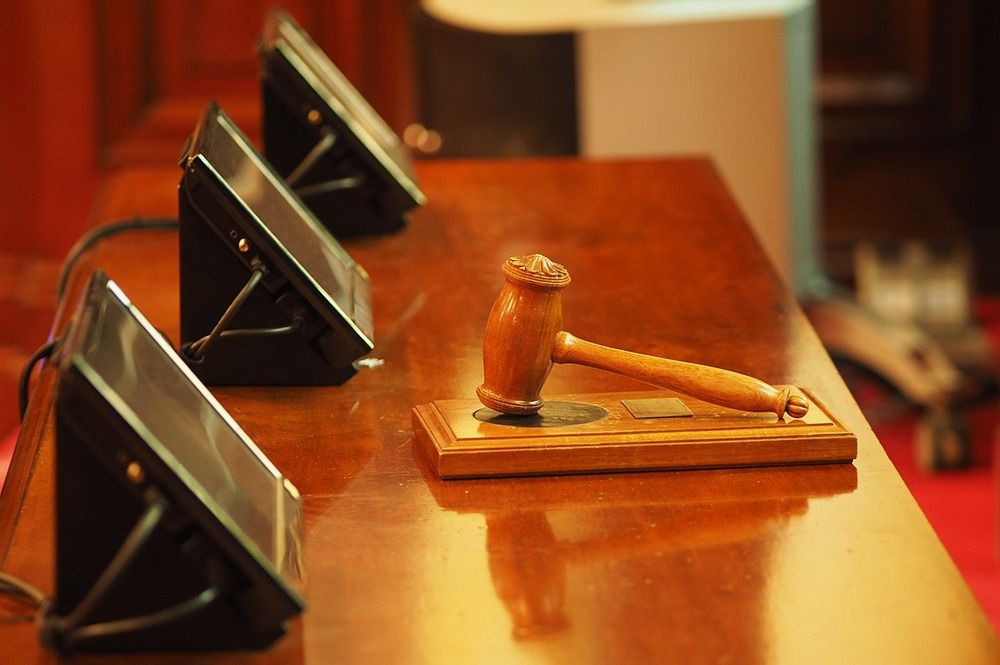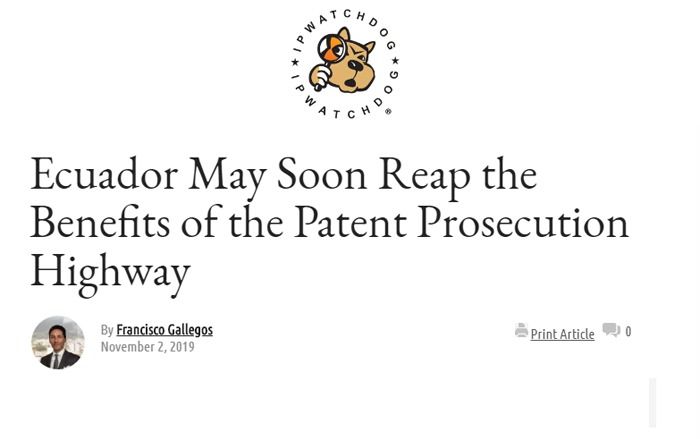Last Sunday, the CorralRosales team participated in the Niños de María foundation solidarity bicycle race.
As it has already become a tradition, on November 24 the Niños de María foundation organized its eleventh cycling race. Under the name “Record Niños de María, pedaleando por la educación de 300 niños”, hundreds of participants gathered to raise funds to pay for food and education of 300 children.
The Niños de María foundation, created in 1994 as a non-profit Catholic foundation, welcomes the most vulnerable children in our society into their schools and programs such as: the sewing project “Hilando Futuro”, choir, symphonic orchestra or folkloric dance.
CorralRosales is very committed to social causes. Therefore, we wanted to support this great solidarity initiative taking part in it, since all the money raised from the race registration will be used to support the Niños de María foundation school and projects.
“We decided to participate in this event not only because it allows us to put in our grain of sand and contribute to a better society, but also because it helps us strengthen ties between coworkers in a healthy environment,” says Verónica Fernández, Director of Human Resources of the firm.
The CorralRosales team, who wore a specially designed shirt for the occasion and competed under the business category of the race, was made up of both partners and administrative staff of the firm, and their families. The race route was 21-kilometer long and took place in the Chaquiñán de Cumbayá.
After the race, the team met again and was able to share some of the experiences and anecdotes of the day. Despite the fatigue from the race, everyone agreed with the words of one of the Partners of the firm, Francisco Gallegos: “It has been a pleasure to be able to enjoy an activity with family along with coworkers. Without a doubt an incredible experience that we recommend and that, of course, we are looking forward to repeating”.











